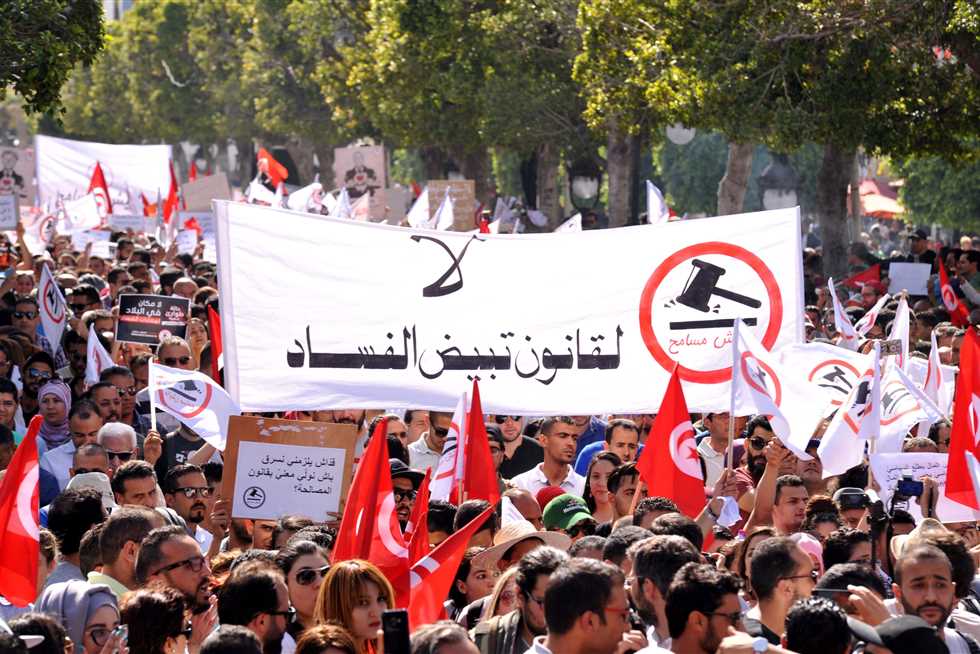Tunis – Head of the opposition Green Tunisia Party Abdelkader Zitouni criticized Prime Minister Youssef al-Chahed’s national unity government’s war on corruption, saying that it is politically motivated.
He told Asharq Al-Awsat that “all signs in Tunisia indicate that a new social revolution may take place because the government work is not meeting the expectations of the people, especially in creating job opportunities and achieving development.”
He said that this was best demonstrated in its reliance on the state of emergency after its “failure in leading the country.”
The new policy has come to destroy the slogans of the 2011 revolutions, he said.
“It has created the same old system with some embellishments to avoid claims that the revolution in Tunisia has failed,” Zitouni stressed.
Furthermore, he said that al-Chahed’s government “stands idly by and allows President Beji Caid Essebsi to effectively control political work.”
Ten months after al-Chahed became prime minister, Zitouni stated: “We can say that the political, social and economic situation in Tunisia is very difficult.”
“Development is at a standstill and over 630,000 people are unemployed. The government is meanwhile going ahead with the recommendations and dictates the International Monetary Fund that may bring about great problems on the country’s stability,” warned the opposition figure.
On the government’s war on corruption, Zitouni said that its efforts are bringing up many questions.
“It is a purely political war, whose main and undeclared goal is to isolate some sides from political life,” he explained.
“The war on corruption has not turned to the major centers of corruption and the prime minister is totally aware of this,” added the opposition party chief.
Under the instruction of Essebsi, the prime minister has instead focused on the minor sources of corruption, said Zitouni.
Furthermore, he criticized the “corrupt funds in political life” in Tunisia, saying that some “unknowns have formed political parties and reached power in record time.”
“This indicates that large funds were paid to block the path of some political powers or facilitate the rise of others,” Zitouni noted.
“We have seen how several of the political figures that have resisted the old dictatorial regime have been isolated,” he remarked.
On this note, he said that he believes that Qatar had paid funds in Tunisia to meddle in its internal affairs. Zitouni also accused it of encouraging Tunisians to travel to the conflict zones of Iraq and Syria.
“We cannot speak of security and social stability in Tunisia as long as some youths embrace extremist ideology and fight the state with arms,” he added.
